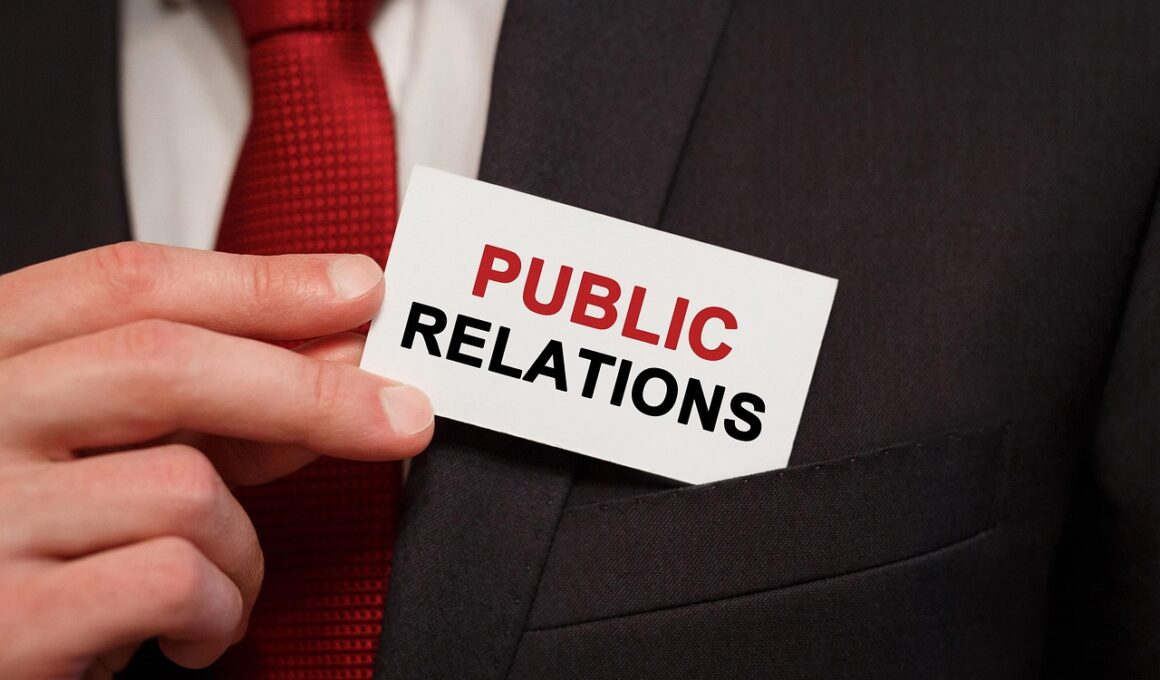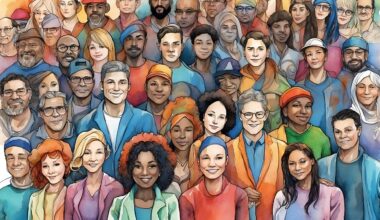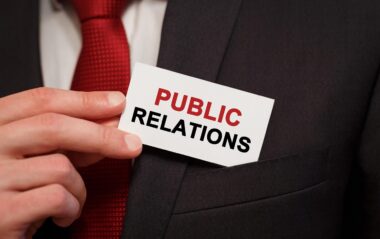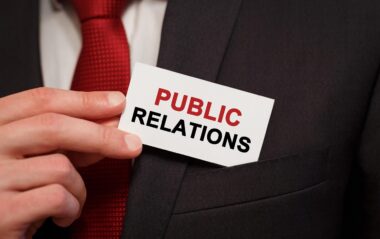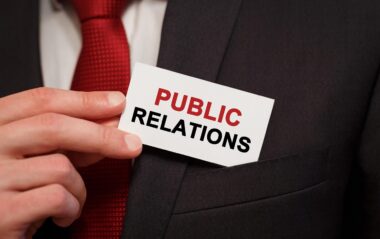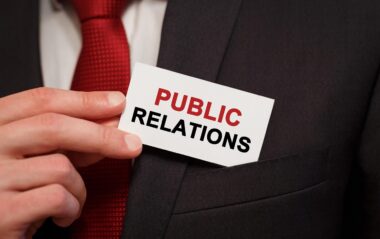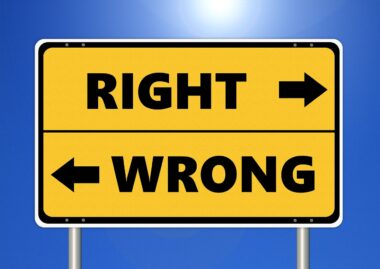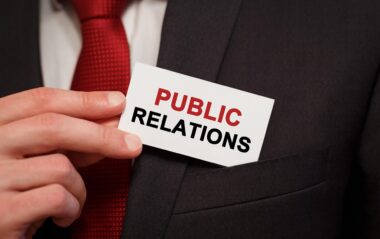The Effect of Cultural Differences on PR Ethics
The landscape of public relations (PR) ethics is profoundly influenced by cultural differences. As PR practitioners operate globally, understanding these variances is crucial. What is considered ethical in one culture may not hold in another, leading to potential misunderstandings or miscommunications. Different cultures have varying norms, values, and expectations, which can dramatically affect how information is disseminated and received. For instance, transparency could be prized in Western contexts, while more collectivist cultures might emphasize harmony over complete honesty. Furthermore, different religious beliefs can also impact ethical interpretations. Practitioners should be aware that there are no one-size-fits-all solutions in PR ethics. Cultural awareness allows for more effective and respectful engagement with diverse audiences. It’s vital for PR professionals to undergo cultural sensitivity training to navigate ethical dilemmas adeptly. Failure to recognize these differences can damage reputations and client relations. Thus, thorough research and empathy must guide PR strategies to ensure they are ethically sound across various cultures. Understanding cultural ethics is not merely beneficial; it is essential for creating trust between organizations and the audiences they serve.
The impact of cultural differences can be particularly observed in crises and ethical decision-making. In crisis situations, how organizations respond can hinge on their cultural context. For example, the collective approach seen in many Asian cultures often contrasts sharply with the individualistic responses typically employed in Western nations. Consequently, maintaining reputations requires sensitivity and adaptability during such events, as missteps can be amplified across social media platforms and news outlets. Each response must reflect the cultural values of stakeholders involved to avoid damage from a poorly conceived public relations strategy. Moreover, adherence to ethical principles may differ significantly, making the role of cultural intelligence vital. PR professionals must not only conform to universal ethical standards but also adapt these to local context. One size does not fit all, and practitioners need to be prepared for mixed reactions. As interactions between cultures increase, the influence of cultural ethics on PR practices is expected to grow even more prevalent. Ultimately, staying informed about cultural norm shifts can help PR professionals craft more effective communication strategies tailored to specific audiences.
Developing a Framework for Ethical PR
To effectively navigate cultural differences in PR ethics, developing a robust framework is essential. This framework should incorporate specific cultural dimensions that influence ethical practices. One popular model is Hofstede’s Cultural Dimensions Theory, which categorizes cultures based on factors like power distance, individualism versus collectivism, and uncertainty avoidance. Understanding these dimensions enables PR practitioners to anticipate reactions and tailor messages accordingly. Moreover, incorporating feedback mechanisms is vital to this framework. Feedback allows organizations to assess how their PR strategies are received and adjusted based on cultural contexts. It fosters an open dialogue that values different perspectives, enabling continuous improvement. Additionally, incorporating stakeholder input during the planning stages fosters inclusivity and respect for cultural values. This should involve local experts who can provide context-specific guidance. Overall, having a well-defined ethical framework enhances the ability of PR professionals to operate effectively in culturally diverse environments. Ethical practices are not static but require ongoing assessment and refinement as cultural landscapes evolve. By being proactive and culturally sensitive, organizations can mitigate risks and enhance their reputation on a global scale.
The influence of technology in shaping PR ethics concerning cultural differences cannot be overlooked. Digital platforms facilitate instantaneous communication and amplify various cultural voices, creating complex ethical scenarios for PR professionals. While this interconnectedness fosters a more integrated global dialogue, it also heightens the risk of cultural misunderstandings. For effective engagement, PR strategies must be adaptable and responsive to diverse cultural norms in digital spaces. Further complicating matters is the existence of online echo chambers, where individuals only engage with like-minded perspectives. This can contribute to the dissemination of biased information and deepen cultural divides. Practitioners must prioritize ethical considerations about how their messaging may be interpreted in different cultural contexts. Careful crafting of digital content aimed at international audiences necessitates a profound understanding of regional sensitivities. This also applies to selecting influencers who align with a brand’s message without infringing on cultural norms. To build trust, PR professionals must balance assertive messaging with cultural respect, utilizing ethical guidelines as their compass. Therefore, establishing guidelines for digital PR practices, rooted in cultural comprehension, is critical for those navigating the complexities of global communications.
The Role of Education in Cultural Competency
Education plays a pivotal role in cultivating cultural competency within public relations. Continuous learning about diverse cultures and ethical considerations equips PR professionals with the tools they need to navigate complex scenarios effectively. Many universities offer specialized courses that focus on global communication strategies and ethics, which can enhance a practitioner’s understanding of various cultural frameworks. In addition to formal education, practical experience is invaluable. Internships and collaborative projects that involve different cultural contexts foster experiential learning opportunities. Participation in professional associations that focus on diversity in communication can also enhance awareness. Furthermore, attending workshops and conferences centered on global PR ethics enables practitioners to engage directly with cultural experts and leaders. Building relationships with peers from various backgrounds provides insights that enrich one’s professional perspective. Ultimately, the more knowledgeable a PR professional is about cultural ethics, the more adept they become at crafting strategic communication. This knowledge equips them to act as cultural bridges, fostering mutual understanding between organizations and diverse audiences. Therefore, investing in education around cultural competency is not just beneficial but essential in today’s globalized PR landscape.
Another significant aspect of addressing cultural differences in PR ethics involves assessing the influence of local media practices. Each locale possesses its unique media landscape, with different values and norms governing news dissemination and journalistic integrity. Consequently, PR tactics that work in one region may be ineffective in another due to these disparities. PR professionals must undertake comprehensive assessments of local media environments to understand better how to engage effectively. Additionally, cultivating relationships with local journalists and influencers can foster goodwill and ensure that messages align with cultural and ethical expectations. Transparency remains crucial, as stakeholders are increasingly demanding authenticity from organizations. Understanding how local press operates within political and social contexts can help shape appropriate PR responses during sensitive situations. Engaging with local media also aids in crisis communication efforts, allowing organizations to respond more appropriately to issues influenced by cultural sensibilities. Moreover, being aware of what constitutes ethical reporting in different contexts helps PR professionals navigate challenges more effectively. Ultimately, a nuanced understanding of local media practices significantly enhances a PR strategy’s cultural adaptability and ethical foundation.
Conclusion: Bridging Cultural Gaps in PR Ethics
In conclusion, the effects of cultural differences on PR ethics cannot be understated. They shape not only how messages are crafted but also how they are perceived across diverse audiences. To bridge these cultural gaps, PR practitioners must prioritize ethical adaptability and cultural intelligence, ensuring their strategies resonate with various cultural backgrounds. Developing a framework for ethical decision-making, combined with an emphasis on education and continual learning, lays the groundwork for effective PR practices. Moreover, understanding local media environments also contributes to more informed communication strategies. Ultimately, as the world becomes increasingly interconnected, PR professionals are tasked with the responsibility of fostering mutual understanding among diverse cultures while conducting ethical practices that build trust. They must navigate the intricacies of cultural sensitivity while remaining committed to universal PR ethics. By embracing these challenges, PR practitioners can develop strategies that are not only effective but also ethical, ultimately serving the broader goals of communication. Continued dialogue and engagement across cultural lines will prove pivotal in successfully maneuvering the ethical landscape of global public relations.
